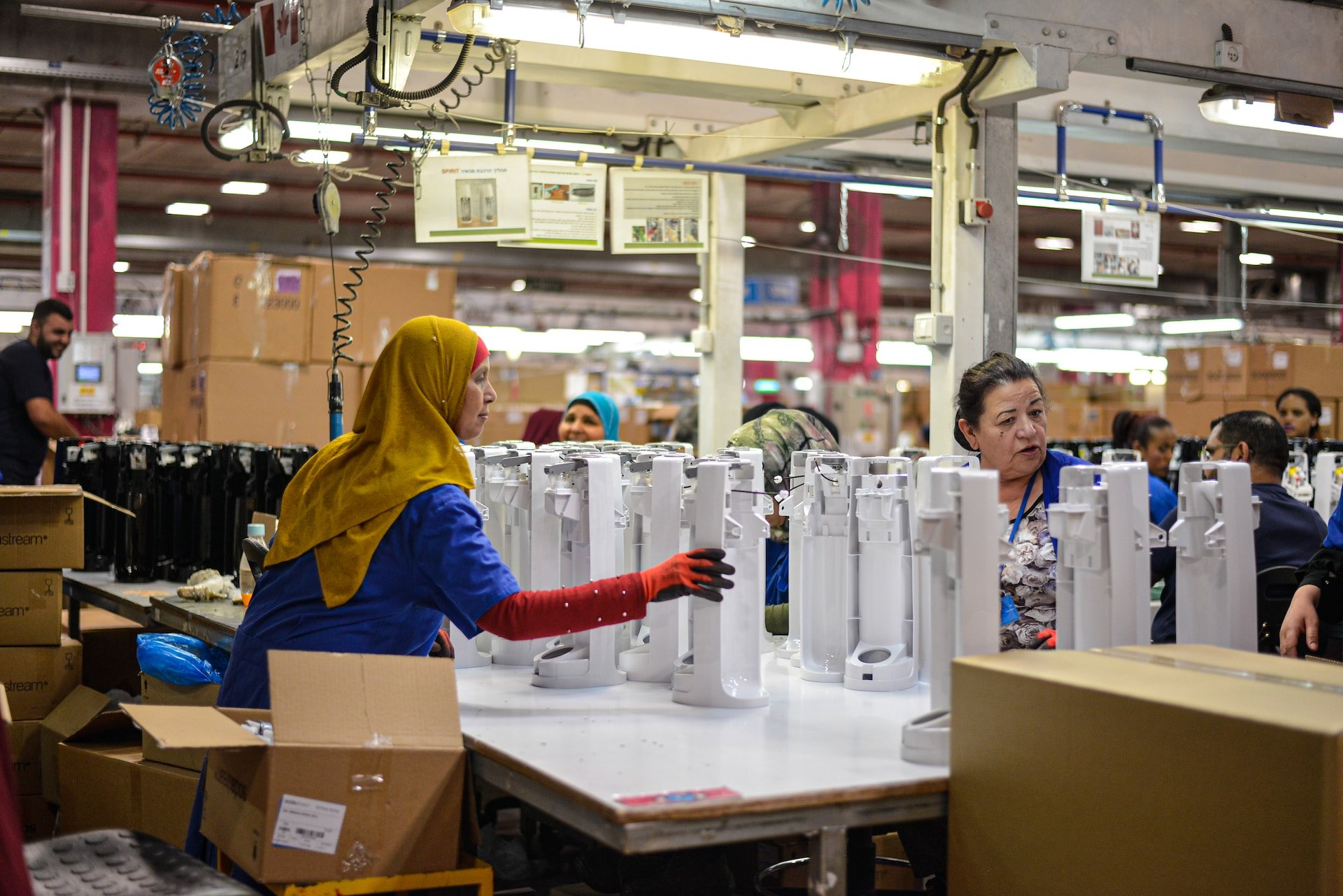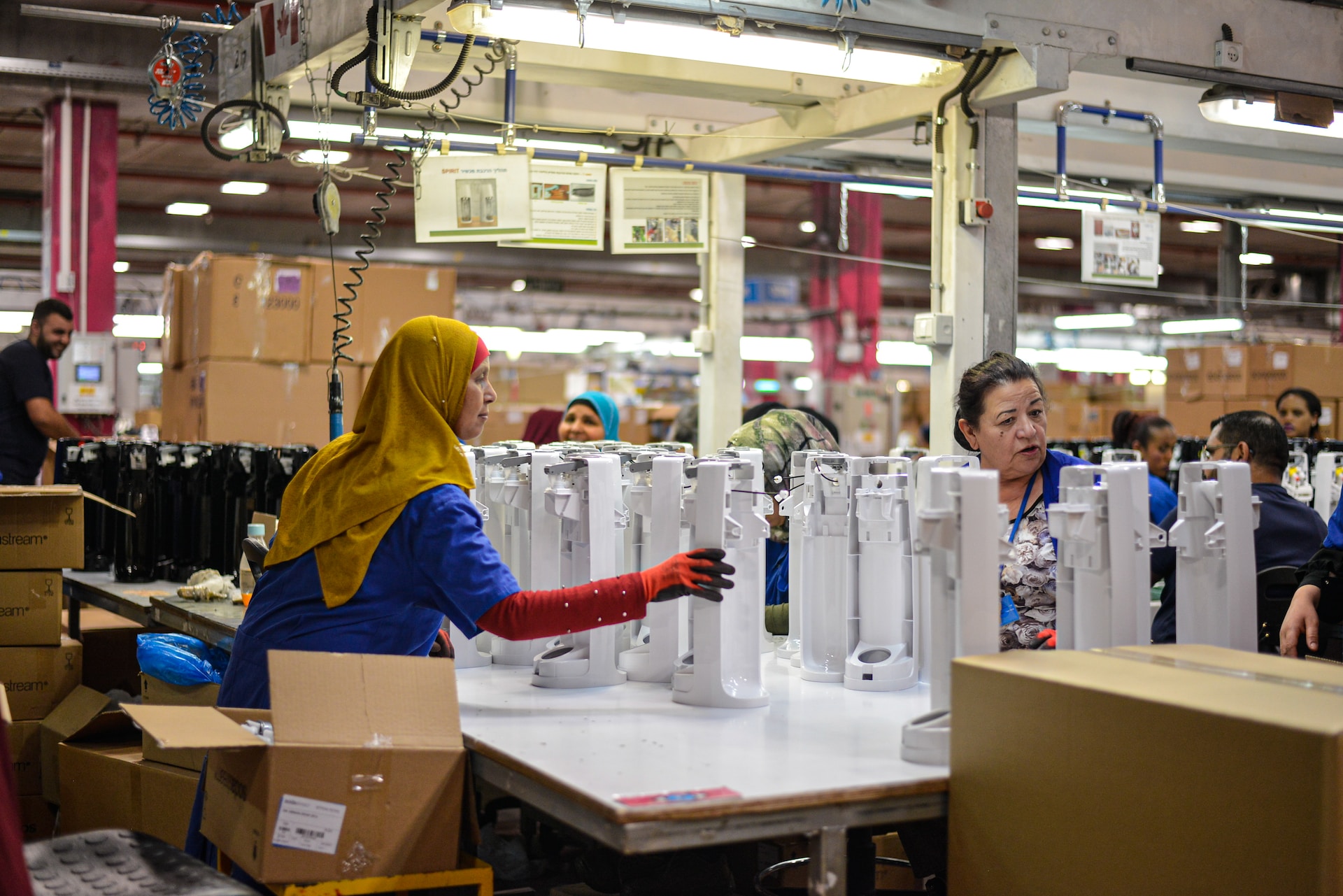
ERP Software for Mixed-Mode Manufacturing: A Comparison of Top Choices
The right manufacturing software for mixed-mode production will vary from the best ERP software for make-to-order manufacturing because the combination of custom-made and batch-production processes requires a different approach.
Having one supply chain with diverse manufacturing processes means that a business requires both ERP software for batch manufacturing and software capable of made-to-order production, with a hybrid solution as the ideal option.

Deploying ERP software can enable companies to modernize and retain a competitive edge by helping to manage both custom and stock production simultaneously, maximizing agility, improving customer satisfaction metrics, and assisting with data-driven decision-making.
Why Choose a Mixed-Mode Manufacturing ERP?
Compared to other ERPs with a more generic usage focus, this type of ERP is designed specifically for the variable production techniques used in mixed-mode manufacturing. The software can consolidate and synchronize inventory management and production tracking controls in one place and provide valuable insights at each stage to highlight available efficiencies.
Although the functionality of a manufacturing-based ERP can be complex, the roll-out can be streamlined by picking an ERP with all the necessary features before introducing the solution to your workforce and integrating it with all production processes.
Features to Look for in a Mixed-Mode Manufacturing ERP
The most valuable ERP functions will depend on your daily processes and those features that will enhance and add efficiency to each aspect of your operations. Examples include:
- Procurement and stock management
- Production planning and scheduling
- Quality control and assurance
A great ERP with comprehensive functions that support multiple modes of production and potentially several sites, production lines, or types of manufacturing may also be beneficial. Pricing is one of the key metrics an ERP can analyze and control, tracking trends and market movements alongside input data around forecasting, changing demand, quality, and scarcity to ensure precise and risk-averse planning.
Other applications include real-time visibility and the capacity to handle large volumes of data and information, such as production lots, serial or product numbers, or other identifying codes.
Tailoring a Mixed-Mode Production ERP
The greatest generic ERP can’t perform to the same standards as an industry-specific solution since your software will need the speed and ability to respond to quickly changing manufacturing environments. Customization allows a business to tweak its ERP to meet real-world manufacturing needs and challenges, with specified data controls and processing oversight, rather than applying a general mode that may not be consistent with targets and objectives.
Editing your ERP gives you freedom over adding or modifying the linked modules, alongside systems integration with other elements within your production space, to ensure your software works for you. Workforce training can also be valuable for teams primarily engaging in data entry tasks or manual manufacturing-based operations, such as scheduling or material procurement.
A high level of training and implementation supports a smooth and effective roll-out, ensuring your ERP is right for your mixed-mode manufacturing company. Staff who are confident and well-versed in what your ERP can do, how it works, and how to best utilize the information or data reported will engage in the transition and ultimately mean the value and ROI associated with your ERP are higher.

